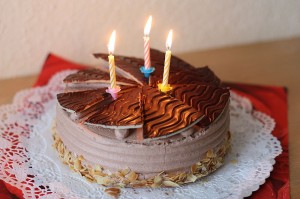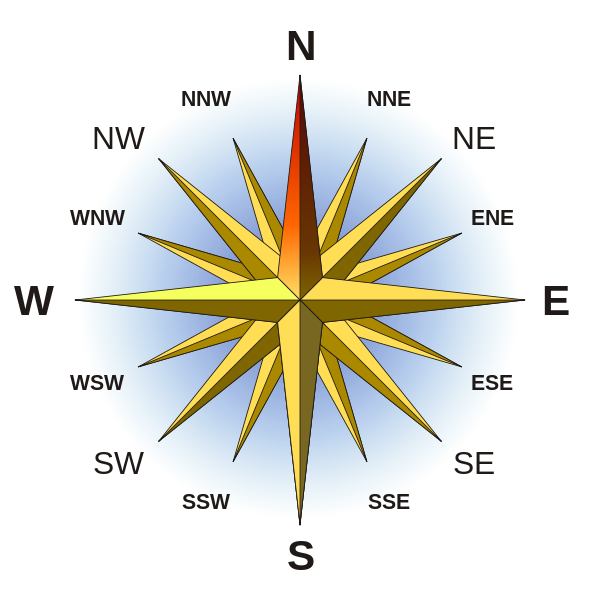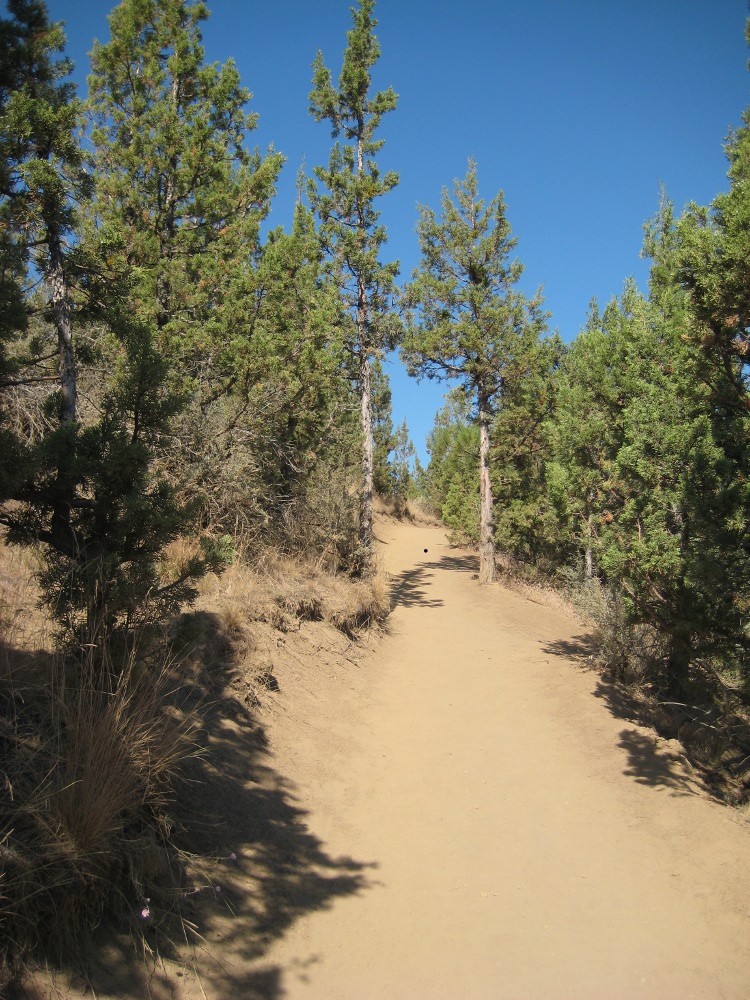Recently on Facebook someone passed along a little “quiz” about one’s birth number and what it means in your life. You take your birthdate (for example, 1-1-1901) and you add up the numbers (1 + 1 + 1 + 9 + 0 + 1 = 13, and then 1 + 3 = 4). Supposedly your personality is somewhat influenced by this number; a four, for example, may mean you’re a practical, down to earth person, while an eight means a flashy show-off (or something like that; I didn’t save the post that had the information). If you Google “birth number” you’ll get a bunch of other metrics by which you can be categorized–some only look at the day of the month you were born, others consider the day to be a “primary” birth number while your day plus month plus year is only secondary, or the big add-up is your life path number, and so on.
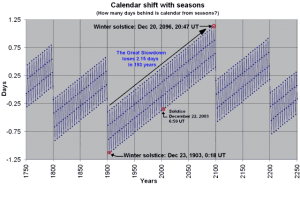
Then there are the traits that people supposedly have simply by virtue of being born on a particular day of the month, or because the day, month and year numbers associated with their birth according to the Gregorian calendar happen to add up to a particular sum. I looked up the “meanings” of these numbers from a bunch of different sources online, and not only did I find some disagreement on meanings, but I could see traits in almost every definition that described me to one degree or another. Of course, these descriptions were so vague that they probably could have been made to apply to almost anyone–and that’s really how this whole thing works, isn’t it? You’re seeking your importance anywhere you can, to include mostly arbitrary human-created patterns, and giant cosmic cycles that really have very little to do with us at all. It’s quite self-centered.
Which reminds me of the discussion on anthropocentrism in spirituality that Alison Leigh Lilly has been thinking about the past few months. She’s perhaps gentler about it than I am, but we both have criticisms of the idea that, as she so neatly puts it:
Anthropocentrism is the philosophical view that human beings are separate from and superior to the rest of the natural world, possessing intrinsic value that other beings and entities (such as plants and non-human animals) lack. (Source.)
Now, it’s perfectly natural to favor our own species. The ability to differentiate between one’s own species and another is a very, very ancient ability indeed, and humans have turned that into a particularly complex ability to define “us vs. them”, both interspecies and intraspecies (and sometimes both at the same time!) Trouble is, we might have gotten a little too good at it.
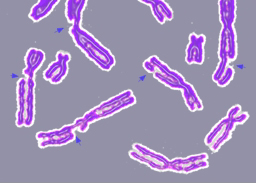
The birth number thing is just the opposite–it’s based entirely on one particular way in which humans divide up time, and assigning values to numbers that have absolutely no basis in anything objectively provable, and then saying “this number unlocks the secrets of who you are! Aren’t you special!” And somehow this is supposed to have as much of an effect on who you are as a person as billions of years of cumulative evolution of life on this planet. Let’s say I gathered 10,000 people who believed in birth numbers and considered the fact they’re fives to be an important thing, and then another 10,000 people at random from the population of the world whose birth number is five regardless of whether they believe in birth numbers or not, and then a sample made of 10,000 people pulled from the population at random regardless of birth number. And then say that I was somehow able to interview them all over a long enough period of time to see how well they matched the supposed profile of someone whose birth number is five. I would be willing to bet everything that I own that the first group (“Yay, we’re fives!”) would have a higher rate of self-reporting that they matched the “five profile” than the other two groups. Moreover, I predict that the self-reported results of the second group (the fives who may or may not realize they’re fives) would NOT show a degree of statistically significant difference from the results of the third group (drawn from the general population regardless of birth number). (On the other hand, if I was able to somehow objectively observe every person in all three groups in their everyday lives to see how many exhibited the traits of a birth number five, I’m willing to bet that all three groups would have about the same results, and the people whose birth number was five would have about the same range of personality traits as the rest.)
However, let’s say I ran another experiment, this time focusing on long-term negative effects of the stress responses that are ultimately rooted in hundreds of millions of years of animal evolution. I’d have 10,000 people who spent 50% or more of their childhood until age 18 in a war-torn location, 10,000 people who never spent any time in a war-torn area, and 10,000 people chosen at random regardless of background. Judging from my own research and psychological training regarding anxiety disorders and other long-term negative stress responses, I would predict that the sample from war-torn areas would show a much higher rate of these responses and their corresponding effects on the the brain and body as well as psyche. The 10,000 people who had never been exposed to war may have a lower than average rate of stress responses, though other factors like domestic abuse and other non-war-related causes of long-term stress responses could complicate the findings.

Now, with all that said, I do not take the reductionist view that all we are is a bunch of neurotransmitters swimming around in meat suits; I’m more of a romantic than that! If you personally find value in things like birth numbers and other numerological concepts, or astrology, or divination by birds, or whatever other structure for meaning you choose, by all means go for it! One of the things that–as far as we know right now, anyway–is particular to our species is an intrinsic need for meaning of some sort. It may just be a side-effect of the big brains we evolved, but the numerous religions, philosophies and other structures we’ve created point to our desire for meaning, to include meaning that we feel is personally relevant to us as individuals. And that’s okay; better to embrace it if it leads a person to a more mentally healthy, happy life.
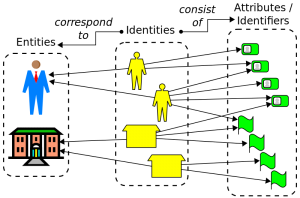
Meaning-making comes into play, too. There’s a definite difference in depth of understanding both of ourselves and of our place in this world and the universe at large. Birth numbers say “You are who you are because some human decided at some point that this number that happens to coincide with your birthday means this special thing about you”. Nature says “You are who you are in part because of the experiences of countless living beings over three and a half billion years and the tools they left you as a result”. Birth numbers say “You share traits X, Y, and Z with a bunch of other people whose birthdays happen to add up to the same number/who were born on the same day of any month”. Nature says “You share a portion of DNA with every single living being that has ever existed on this planet and will ever be here. Look to your development before you were born, and you see the history of life unfolding in the space of nine months. You, humanity, are just one of countless species that have walked this earth, moved through these waters, glided through these skies.” (Granted, these interpretations are influenced by my personal biases, but there is a lot more time and knowledge associated with evolution than birth numbers.)
You can have both your birth number and your evolutionary history as important things in your life, of course. Bringing things in from the huge-picture view to the more personal, we each get to choose our own meaning-making structures, and that’s part of what gives humanity its glorious diversity even among all the things we share in common. Personally as well as in the big picture, I find a lot more meaning in my species being one of many jewels in the crown of the Earth, an ever-changing display, than in trying to figure out whether my life path is following the proper profile of a “nine” or not.
(I’ll still happily sing you “Happy Birthday” on the anniversary of your entrance into this world if you like, though. I still think that’s important.)
